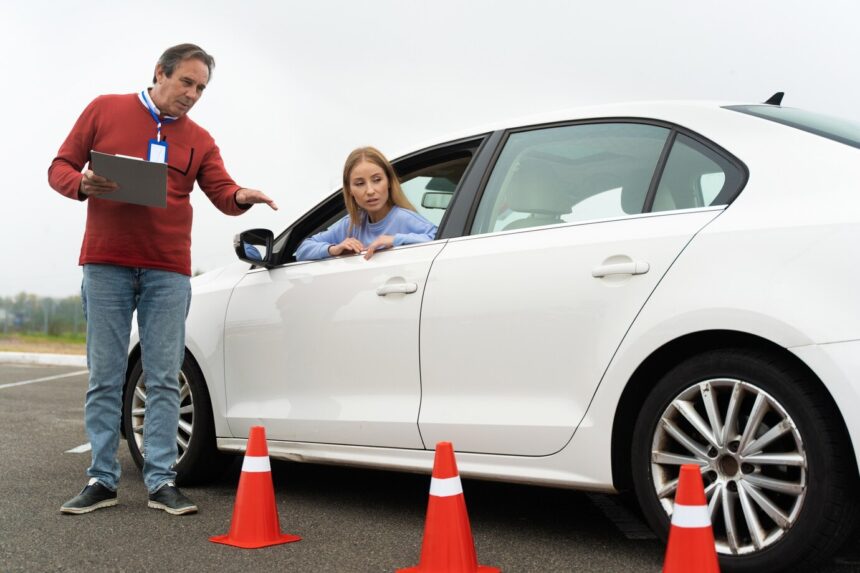Driving is a fundamental skill that provides individuals with freedom, independence, and the ability to navigate the world with ease. However, mastering the art of driving requires proper instruction, practice, and a thorough understanding of road rules and safety. In this comprehensive guide, we will delve into the world of driving lessons, exploring the significance of professional instruction, the stages of learning to drive, and valuable tips for becoming a confident and responsible driver.
The Importance of Professional Driving Lessons
Professional driving lessons play a crucial role in shaping new drivers’ skills, knowledge, and attitudes towards driving. While learning to drive from friends or family members may seem convenient, enrolling in a reputable driving school offers numerous benefits:
- Expert Instruction: Qualified driving instructors possess the knowledge and experience to teach proper driving techniques, road rules, and safety practices.
- Structured Curriculum: Driving schools offer structured lesson plans that cover essential topics such as vehicle control, traffic laws, defensive driving, and emergency maneuvers.
- Insurance Benefits: Successfully completing a driving course may lead to insurance discounts, as insurers often view trained drivers as lower risks.
- Confidence Building: Professional guidance can boost a new driver’s confidence behind the wheel, leading to safer driving habits and reduced anxiety on the road.
The Stages of Learning to Drive
Learning to drive is a progressive journey that involves mastering various skills and scenarios. The following stages outline the typical progression of a new driver from novice to competent road user:
- Beginner Stage: In this initial phase, novice drivers familiarize themselves with the vehicle’s controls, practice basic maneuvers in a controlled environment, and learn essential driving principles.
- Intermediate Stage: As drivers gain confidence, they progress to navigating more complex traffic situations, mastering lane changes, intersections, and parking techniques. This stage focuses on developing decision-making skills and situational awareness.
- Advanced Stage: In the final stage, drivers refine their skills through advanced maneuvers, highway driving, night driving, and handling adverse weather conditions. Emphasis is placed on defensive driving techniques, anticipating hazards, and maintaining control in challenging circumstances.
Tips for Successful Driving Lessons
To make the most of your driving lessons and accelerate your learning process, consider the following tips:
- Practice Regularly: Consistent practice is key to improving your driving skills. Supplement your lessons with additional practice sessions to reinforce what you’ve learned.
- Ask Questions: Don’t hesitate to ask your instructor clarifying questions about driving techniques, road signs, or any uncertainties you may have.
- Stay Calm: It’s normal to feel nervous as a new driver, but staying calm and focused behind the wheel is vital for safe driving. Practice relaxation techniques to manage anxiety.
- Review Theory: Study the driver’s manual, road signs, and traffic rules to deepen your understanding of driving principles and regulations.
- Drive Responsibly: Respect traffic laws, avoid distractions, and prioritize safety at all times. Developing responsible driving habits early on will set a solid foundation for your driving career.
Conclusion
Driving lessons are an essential stepping stone in the journey to becoming a competent and responsible driver. By enrolling in professional driving instruction, embracing the stages of learning, and following valuable tips for success, aspiring drivers can enhance their skills, confidence, and safety on the road. Remember that driving is a privilege that comes with great responsibility, so approach your lessons with diligence, patience, and a commitment to lifelong learning. Happy driving!
In conclusion, mastering driving is a meticulous process that requires patience, practice, and guidance. By enrolling in professional driving lessons, aspiring drivers can acquire the skills, knowledge, and confidence needed to navigate the roads safely and responsibly. Through structured instruction, regular practice, and a commitment to lifelong learning, new drivers can embark on their driving journey with the necessary tools to become skilled road users.





